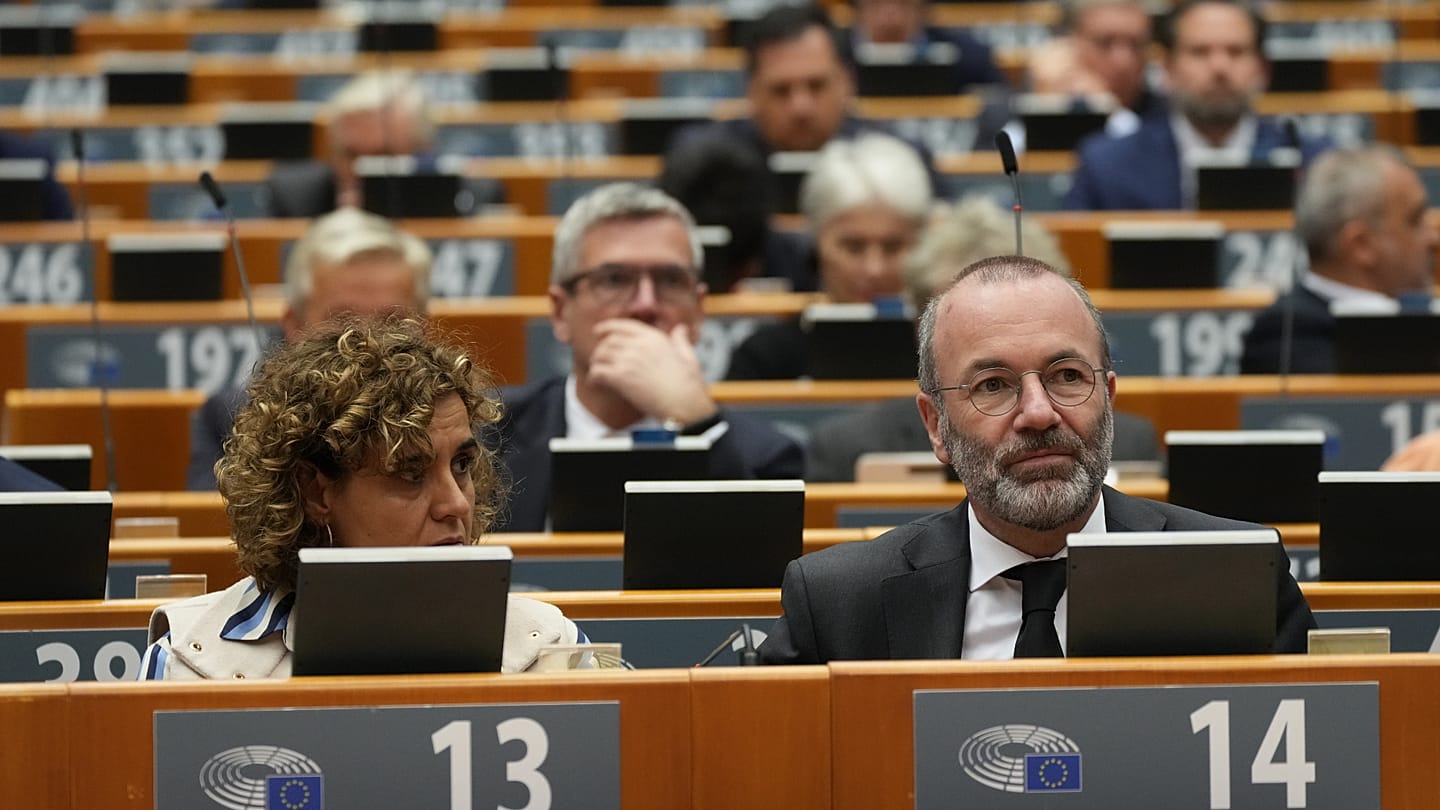
The European Parliament approved on Thursday a package to simplify corporate sustainability reporting and weaken due diligence requirements.
European People’s Party (EPP) teamed up with European Conservatives and Reformists (ECR) and far-right Patriots for Europe (PfE) to pass the law, after a vote on a slew of amendments.
The bill is part of an EU push for simplification and aims to make sustainability reporting and due diligence obligations easier for European businesses. The Parliament’s version of the law now has to be negotiated with the member states before final approval.
The legislature was rejected by the Parliament in October, when an agreement reached between the centrist groups was ultimately voted down in the plenary session due to some defections among the Socialists and Democrats (S&D).
This setback caused criticism from member states, with German Chancellor Friedrich Merz labelling the vote “a fatal mistake”.
Then EPP decided to turn right. On Thursday, the bill was approved with 382 MEPs in favour, 249 against and 13 abstentions.
The right side of the hemicycle supported the version of the law drafted by Swedish EPP rapporteur Jörgen Warborn, which states that due diligence requirements apply only to companies with more than 5,000 employees and a net annual turnover of over €1.5 billion.
It is a significant change from the original provisions of the Corporate Sustainability Due Diligence Directive, which apply to companies with more than 1,000 employees and a yearly turnover of €450 million.
EPP’s dual track in the European Parliament
This is not the first time the EPP lawmakers have voted with their colleagues from the right-wing ECR, the far-right PfE and Europe of Sovereign Nations (ESN) in this legislature.
The EPP is the largest group in the hemicycle and can pass legislation with either a centrist or a right-wing majority, a situation unprecedented in the European Parliament.
The first emergence of an alternative majority happened in October 2024, as right-wing MEPs united to recognise Edmundo González as Venezuelan president in a non-binding resolution.
One month later, the EU deforestation law was postponed and diluted by Parliament, with amendments tabled by the EPP aiming to reduce burdens on importers backed by ECR, PfE, and ESN. Liberal MEPs from Renew Europe were divided, while left-wing parties voted against.
Since then, the EPP has occasionally teamed up with right-wing forces, especially on climate-related issues, despite publicly denying any structured cooperation.
Today’s vote is the last example of dual track for the EPP, which could also be exploited by the Commission to pass controversial bills on environment and migration. It shows that the EPP can choose to cooperate with centrist forces on some files and with right-wing parties, including far-right ones, on others.
In another crucial vote held in the same session, the centrist majority backed the revision of the bloc’s climate law, which sets the EU27 to cut 90% greenhouse gas emissions by 2040.
The change to the law was approved with 379 votes in favour, 248 against and 10 abstentions, following an agreement struck by the EPP, S&D, Renew Europe and the Greens/EFA groups in the Parliament’s environment committee on Monday.